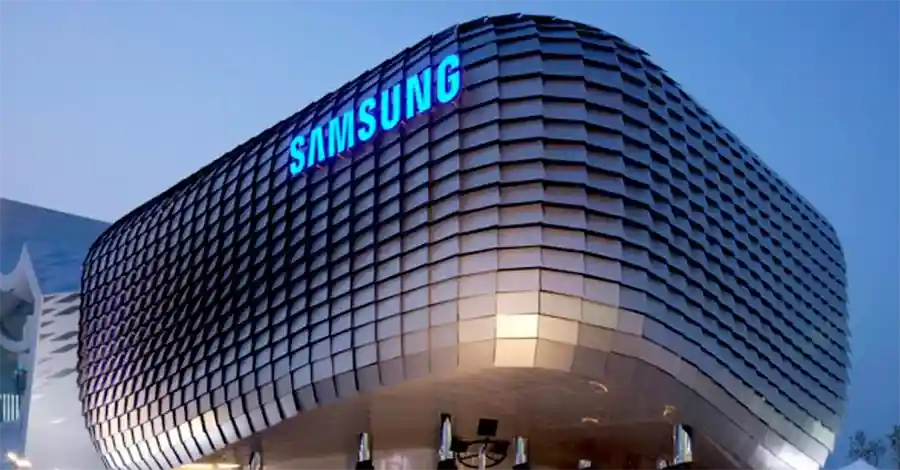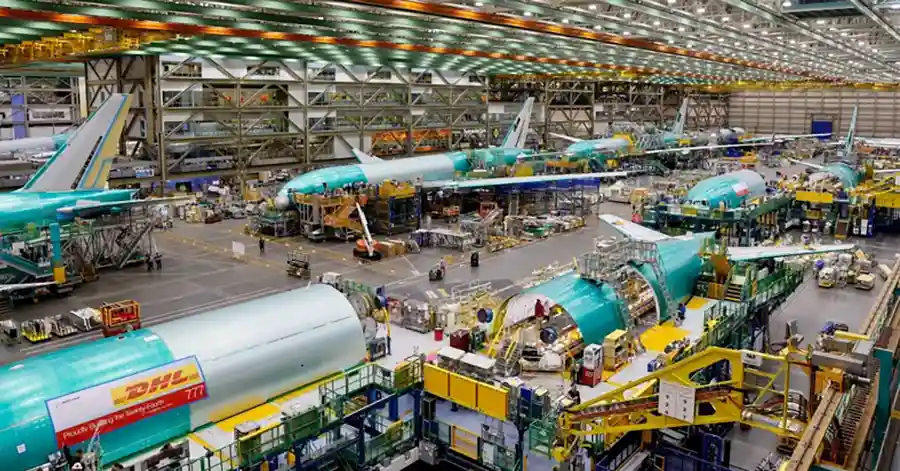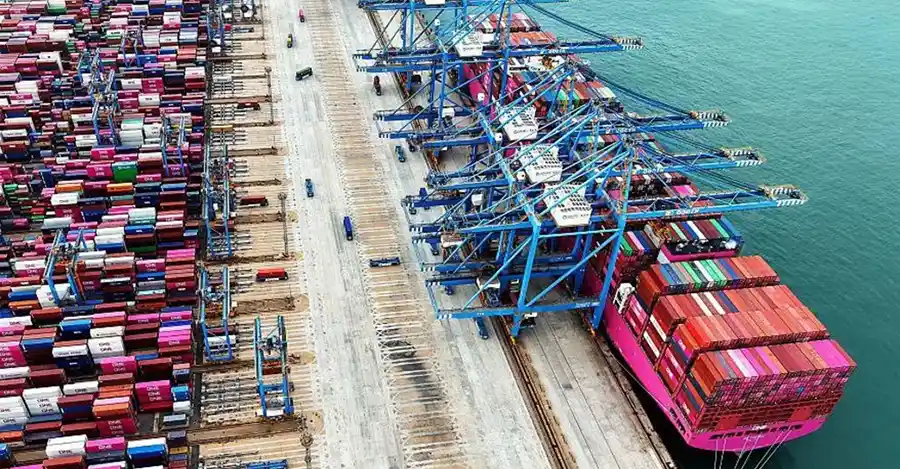Revolutionary AI Chip Partnership Between OpenAI and Broadcom. In a game-changing move for artificial intelligence infrastructure, OpenAI has announced a strategic partnership with semiconductor giant Broadcom to develop its first in-house AI processors. This collaboration marks OpenAI’s ambitious effort to secure massive computing power needed to support ChatGPT and future AI services as demand continues skyrocketing across global markets.
The announcement sent Broadcom shares soaring over 12% in premarket trading, reflecting investor confidence in this transformative AI chip deal that could reshape the semiconductor landscape.
10 Gigawatt Custom AI Chip Deployment Plan
The companies revealed Monday that OpenAI will design cutting-edge AI processors while Broadcom handles development and deployment starting in the second half of 2026. The massive scale of this project is staggering: they plan to roll out 10 gigawatts worth of custom chips.
To put this enormous power consumption in perspective, these AI processors will consume electricity equivalent to:
- More than 8 million U.S. households
- Five times the power generated by the iconic Hoover Dam
This unprecedented energy requirement highlights the computational intensity required for advanced artificial intelligence systems that aim to match or surpass human intelligence capabilities.
OpenAI’s Multi-Billion Dollar Chip Strategy
Image Alt Text: OpenAI CEO Sam Altman announcing custom AI chip deals with semiconductor partners
This Broadcom partnership represents just one piece of OpenAI’s comprehensive chip acquisition strategy. The AI leader recently unveiled several massive agreements:
Recent OpenAI Chip Deals:
- AMD Partnership: 6-gigawatt AI chip supply deal announced last week, including potential equity stake option
- Nvidia Investment: Plans for up to $100 billion investment providing data center systems with at least 10 gigawatts capacity
“Partnering with Broadcom is a critical step in building the infrastructure needed to unlock AI’s potential,” stated OpenAI CEO Sam Altman, emphasizing the strategic importance of this semiconductor collaboration.
For more insights on government and technology policy developments, industry watchers are closely monitoring how these partnerships reshape global tech competition.
Custom Chip Boom Challenges Nvidia Dominance
OpenAI now joins elite cloud computing giants including Google, Amazon, and Microsoft in developing proprietary AI processors. This trend reflects the industry’s urgent need to:
- Meet explosive AI demand
- Reduce dependence on expensive Nvidia processors
- Overcome limited supply chain constraints
However, custom chip development carries significant risks. Previous efforts by Microsoft and Meta have encountered delays and performance issues compared to Nvidia’s industry-leading processors, according to recent media reports.
Market analysts generally agree that custom chips won’t threaten Nvidia’s market dominance in the short term, though they represent a long-term strategic shift in AI infrastructure.
Broadcom Emerges as AI Boom Winner
The generative AI revolution has transformed Broadcom from a traditional networking hardware company into a semiconductor powerhouse. The company’s stock price has skyrocketed nearly six-fold since late 2022, making it among the biggest beneficiaries of AI expansion.
Broadcom’s AI Chip Success:
- Announced $10 billion custom AI chip order in September from unnamed customer (widely speculated to be OpenAI)
- Existing co-development and supply agreements with major tech companies
- Strategic positioning in both chip design and networking infrastructure
2029 Deployment Timeline and Networking Advantage
Monday’s announcement confirmed that the complete deployment of OpenAI’s custom chips will finish by the end of 2029. This five-year rollout schedule demonstrates the complexity and scale of building world-class AI infrastructure from scratch.
Importantly, these new systems will utilize Broadcom’s Ethernet and networking equipment exclusively. This gives Broadcom significant advantages:
- Competitive edge over smaller rivals like Marvell Technology
- Direct challenge to Nvidia’s InfiniBand networking solution
- Comprehensive control over both processing and networking layers
What This Means for AI Industry Future
This OpenAI-Broadcom partnership signals several important industry trends:
Computing Power Arms Race: Tech giants are investing hundreds of billions in AI infrastructure to maintain competitive advantages in artificial intelligence development.
Energy Concerns: The massive power requirements raise questions about sustainability and environmental impact of AI systems.
Supply Chain Diversification: Companies are actively working to reduce single-vendor dependence and build resilient semiconductor supply chains.
Custom Silicon Era: Specialized AI processors designed for specific workloads are becoming essential for competitive AI services.
Conclusion: Reshaping AI Infrastructure Landscape
The OpenAI-Broadcom custom AI chip partnership represents a pivotal moment in artificial intelligence infrastructure development. With 10 gigawatts of processing power coming online by 2029, OpenAI is positioning itself to meet surging demand for ChatGPT and future AI services.
While challenges remain in custom chip development, this strategic move diversifies OpenAI’s computing resources beyond traditional suppliers and potentially reduces long-term costs. As the AI industry continues its rapid evolution, partnerships like this will define which companies successfully scale their services to meet unprecedented global demand.
The semiconductor industry watches closely as this collaboration unfolds, knowing it could establish new standards for AI processor design and deployment in the coming years.




















Comments